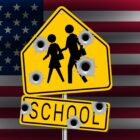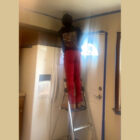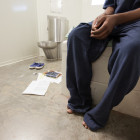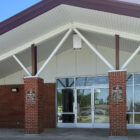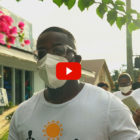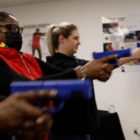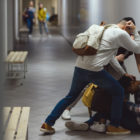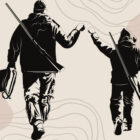
A gunman kills at school and prosecutors again focus on the suspect’s parent
|
Just months after an unprecedented parental conviction in Michigan, Georgia prosecutors allege a father’s actions led to a mass school shooting. Colin Gray never pulled a trigger at Apalachee High School — where a mass shooting this week left two 14-year-old students and two math teachers dead — but he could still spend the rest of his life behind bars for murder.
